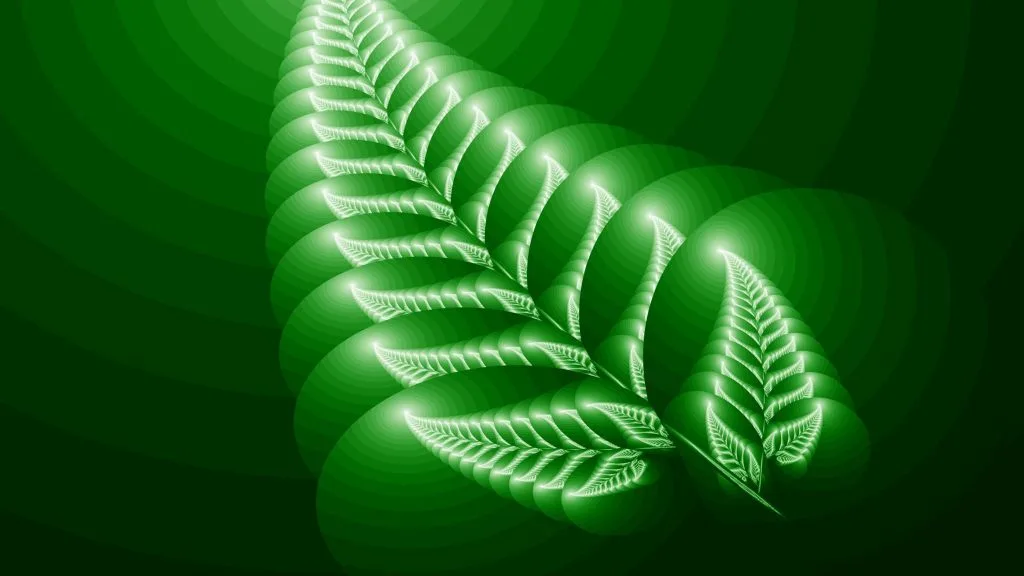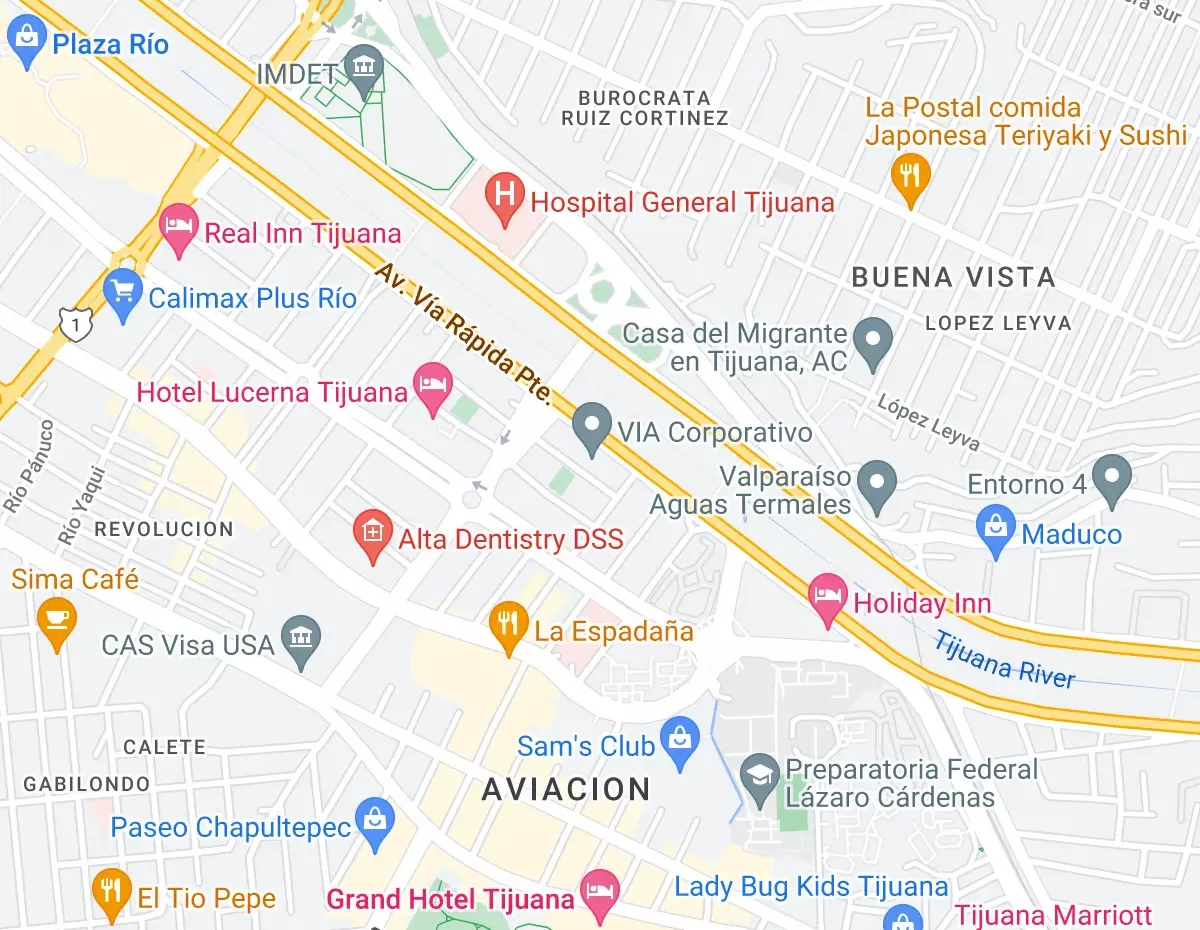More than 100,000 people die each year from drug overdoses in the U.S. This is a public health issue that affects all ages across all population groups. In addition to the individuals who die from overdoses, consider the loved ones affected, and the number of overdose victims grows exponentially. In today’s world, so many people are plagued by substance abuse and addiction that experts, researchers, and specialists around the globe are continually looking for ways to treat these burdened individuals. Ibogaine is one such treatment that is being explored and, in many areas, put to good use, helping people get back on their feet and free themselves from addiction. However, many people ask what ibogaine’s mechanism of action is or how does it work?

What is Ibogaine?
Ibogaine is an anti-addictive substance derived from the iboga plant in West Africa. It is a small, bushy plant with dark green leaves and white tubular flowers, and small yellow fruit. Traditionally, the iboga root has been used as a hallucinogen for initiation rites and other uses. But eventually, the plant’s anti-addictive properties were discovered, and clinics began using it to help people suffering from addiction. Significantly, as with many things, the use of the iboga plant is determined by the dosage. Very high doses induce hallucinations and can cause death, whereas low doses treat addictions.
What Does Ibogaine Do?
Ibogaine is best known for its anti-addictive capabilities against the most addictive substances in the world - such as heroin, cocaine, and methamphetamine. In this fight, ibogaine helps people find and understand what caused their addictive behaviors in the first place. Notably, the usual severe withdrawal symptoms are also curbed, further enabling long-lasting success.
How Does Ibogaine Work?
The reason that ibogaine is able to affect people’s brains in such a way that they are able to reduce drug cravings is that it works on the neurotransmitters responsible for this behavior. These neurotransmitters, like dopamine and serotonin, are often responsible for creating a chemical imbalance in the brain that causes these individuals to crave brain-altering substances. This also allows the brain to create new pathways, resulting in cognitive flexibility.
This flexibility enables people to open their minds to new perspectives that can help them heal from past trauma. Because ibogaine promotes adaptation, people undergoing therapy can rewire their brains to replace negative thought patterns with healthy ones. This is especially helpful with addiction, as people often abuse substances in an effort to silence these negative thoughts. The rewiring of the brain enables people to achieve long-lasting freedom from addiction by helping them develop healthy coping strategies. Additionally, many addiction treatments cause severe side effects; however, ibogaine’s side effects are typically very mild.
The Lasting Journey
If you or a loved one has ever dealt with, you know that the struggle to remain free of it is never truly over. It is a daily battle for many people, especially early on, although the cravings may lessen over the years. Certain substances can grip people so strongly that it can feel impossible to overcome, no matter how much they may want to do so. There are many reasons why someone may use a substance for the first time – perhaps socially, to escape pain or trauma, or a multitude of other reasons. The substance gains control and creates a tether to the brain that seems unbreakable. But this is where ibogaine comes in. It isn’t a miracle pill, but it can make a world of difference to someone desperately seeking help to break that tether and become free again, probably for the first time in a very long time.




